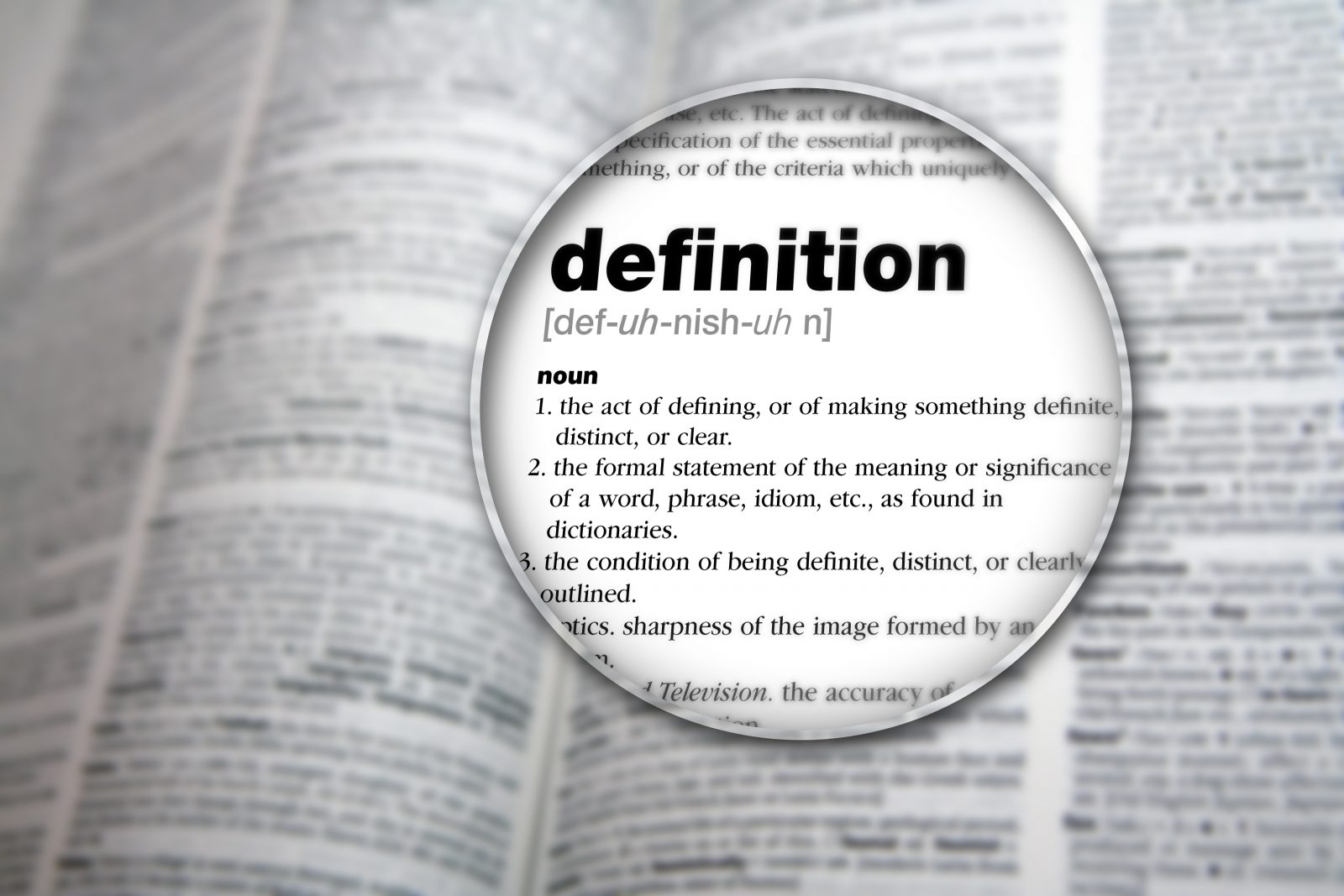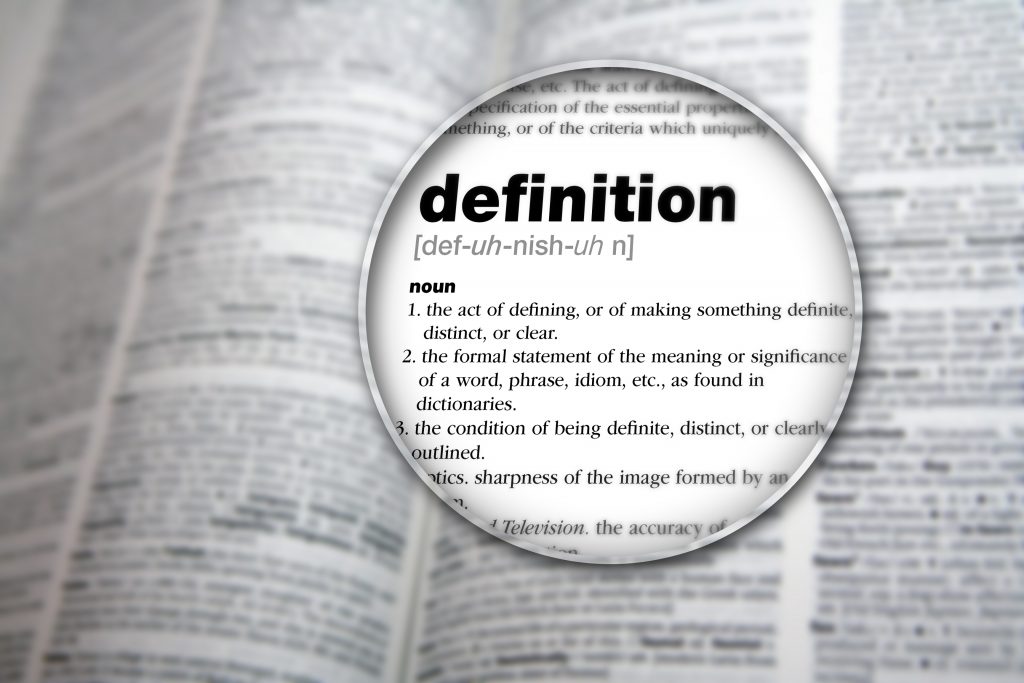Losing the Language Wars


Does the language we use to describe watershapes matter? Eric Herman thinks so, but he also admits that as a long-time industry editor, he might care a bit too much. Should it be “infinity edge” or “vanishing edge”? Or should “spa” be replaced with “hot tub”?
By Eric Herman
Working as a writer/editor, I’ve always deeply cared about the language we use to describe things. The terms we use have the power to create an immediate understanding based on shared references. That’s especially true in the world of watershaping where much of our terminology has always been rather imprecise and even dubious.
Examples: When we say “competition pool” or “racing pool” the meaning is immediately understood, requires no further explanation or clarification. The same is true of laminar jet, beach entry or diving board. The references are crystal clear.
But we also have many terms that are far, far less effective. Consider the term “interactive water feature” – it’s imprecise to the point of nonsensicality. Frankly, are there really and truly any such things as a “non-interactive water features”? Isn’t simply looking at a fountain, pond or stream not meant for human immersion also a form of interaction? Point being, it’s a very fuzzy term.
For all my passion and years in a position of communicative high exposure and influence, I must admit that I have thoroughly lost the language wars on two fronts, despite years of advocacy for terms that I’m convinced best fit the features they are describing.
First, there’s “vanishing edge” v. “infinity edge”. I’ve long felt that vanishing edge is the far superior and more descriptive way to describe this most iconic of watershaping features. The water quite literally vanishes over the edge and when used on a water-on-water view application, the edge itself vanishes from sight. And it sounds super cool, like a slight-of-hand magic trick.
By stark contrast, infinity edge has no actual attachment to reality, but instead is purely hyperbolic. It’s been explained to me that it means the water appears to go on into infinity. My reaction: what a steaming load of bunkum, falderal, jibber jabber and utter nonsense. First of all, we know there’s no such thing as an infinite body of water, or an infinite edge. It’s a fantasy reference that’s indulged because people like the word infinity. (I suspect we have the Toy Story movies to blame for that.)
Yet, that’s the term that’s most commonly used. For my small part, I cringe every time I hear or read it and resist using it in print or in conversation. Vanishing edge is less used, but far more adroitly descriptive.
Equally frustrating, although somewhat less mystifying is “spa” v. “hot tub.” The rationale for using hot tub is simply that a spa conflicts with “day spa” or “pampering spa” in internet searches. It’s bad SEO, which has become something of a modern communication doctrine if not a quasi-religion. We all now bow to the tyranny of internet clicks. Never mind that words are allowed to have more than one meaning.
Despite that rationale, hearing the term hot tub still makes me ill, as in a legionella outbreak. Here we have a term “spa” that sounds like “ahhh” – the feeling you have when you lower your body into the warm soothing waters. It’s one beautiful syllable that immediately invokes pleasure. Etymologically speaking, it’s based on the town of Spa, Belgium, which is famous for its natural hot springs.
By contrast, hot tub is an antiquated term that originated in the early 70s counter culture to describe halved wine barrels filled with still hot water used by hippies and swingers. And it sounds comically lame, sort of like “glug glug.” To my ears hot tub is to spa as jalopy is to car.
The upshot is we’ve sacrificed a truly elegant and meaningful term with immediate sensory reference and history, for an lesser moniker that has none of those virtues.
Yet, for the sake of SEO, we are now saddled with hot tub, as forever institutionalized by the Pool and Hot Tub Alliance, which itself is a tragically awkward name. That is decidedly short-sighted to my mind. But again, my elevated and admittedly elitist sense of language finds itself firmly in the loss column. Some might even say my devotion to these language wars have been quixotic in nature if not precipitously foolhardy.
If I sound like a grumpy sore loser, that’s because I am, although I prefer the term “crestfallen wordsmith.”
Oh well, a rose is a rose . . .










